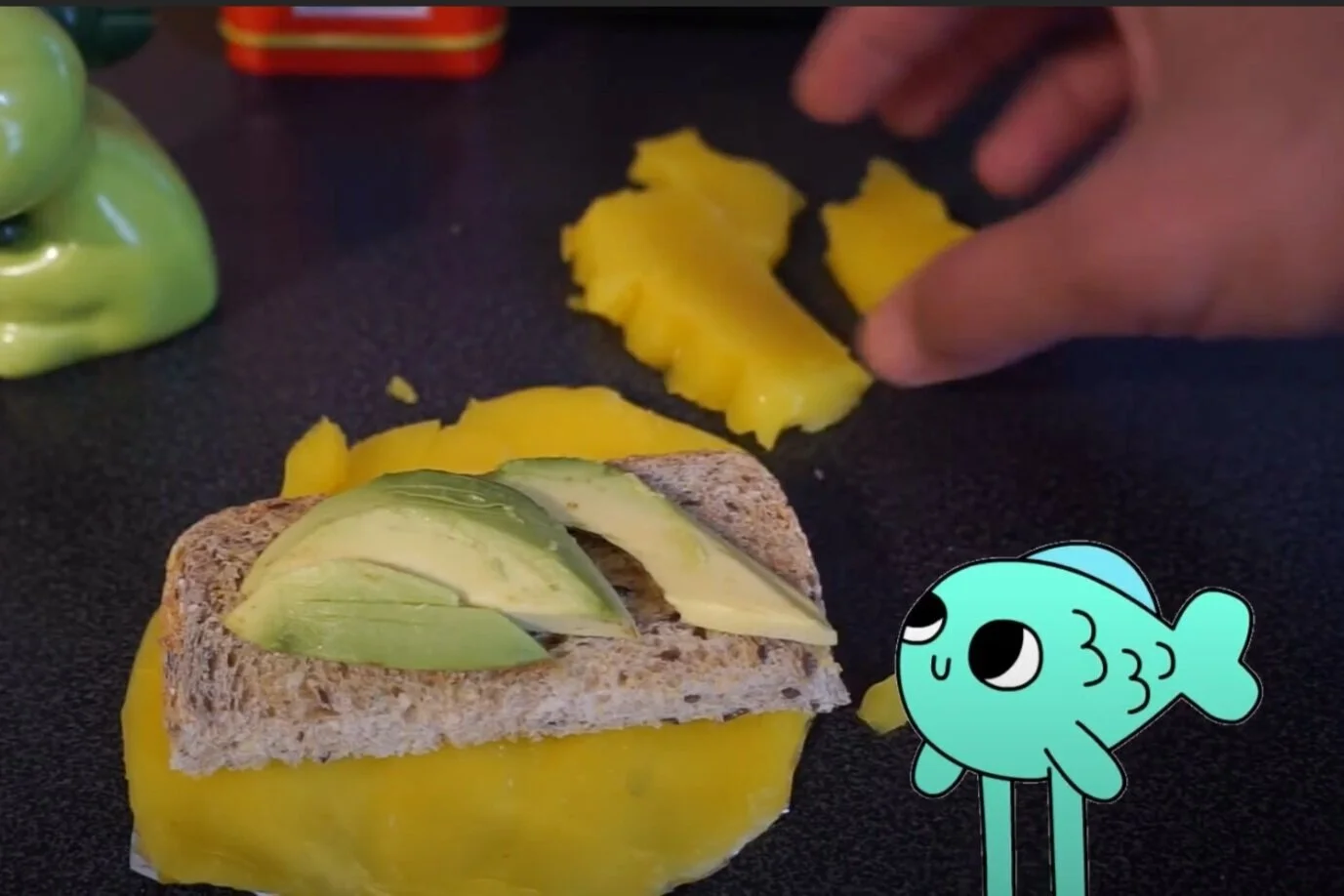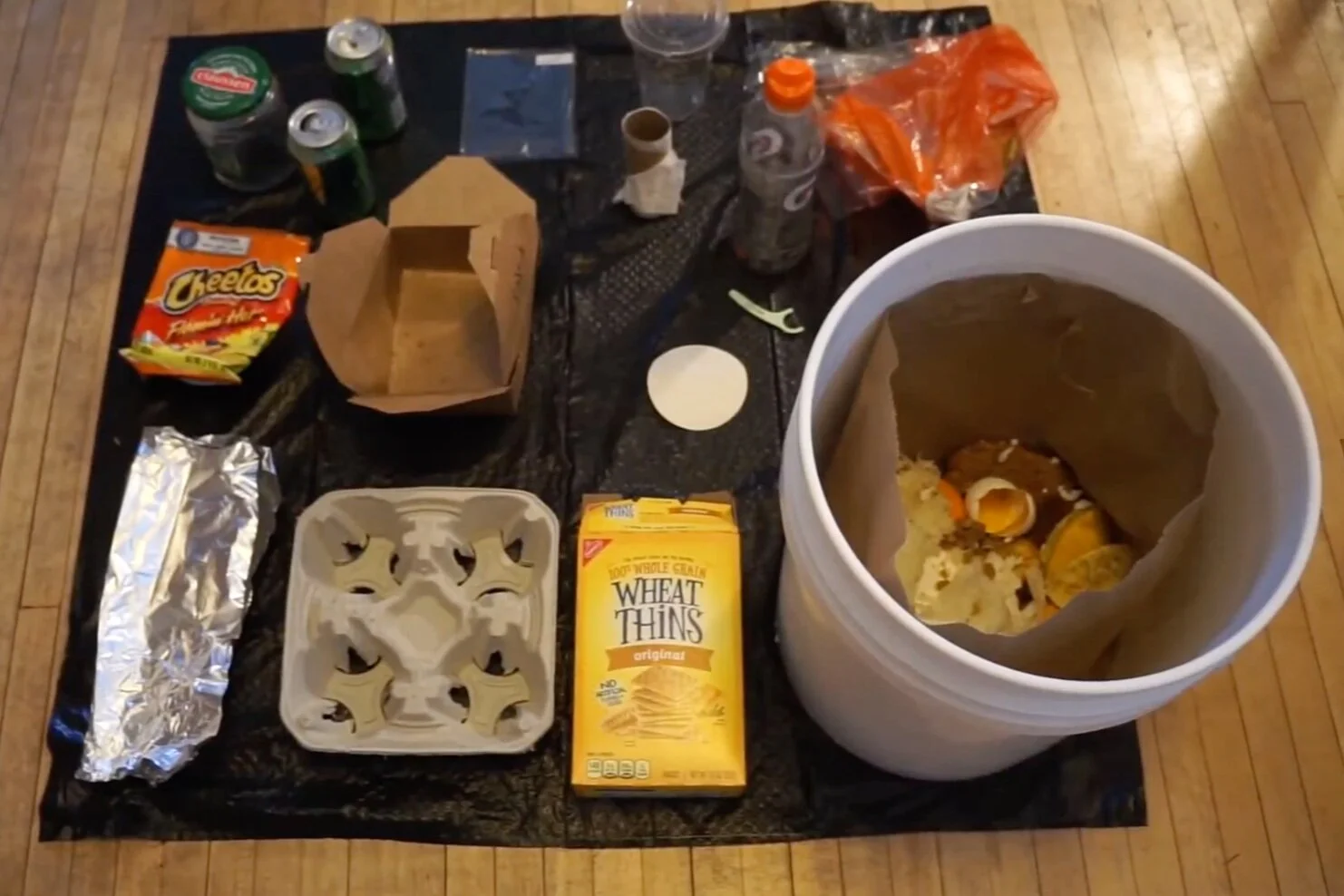Plastics Activities & Lessons
Plastic-Free MKE Original Lessons & Activities
Plastic Waste Audit
Creative Activities
Thought Exercises & Easy Activities
Jump in with Julius Video Lessons
Bioplastics
Waste Audits
Microplastic Madness Film
Plastic Free Lunch Day
Community Science
Great Lakes Literacy Education Exploration (GLLee)
Great Lakes Literacy Education Exploration is an introductory collection of resources and partners assembled in three easy steps to help teachers and youth explore Great Lakes Literacy.
Explore a Great Lakes Topic
Support Teaching and Learning with Additional Resources
Engage Youth in Place-based Education or Stewardship
Marine Debris (Best suited for students in grades 4-12) is an available GLLee topic for the 2022-23 school year.
What? Marine debris is any human-made material that can end up - on purpose or by accident - in our rivers, oceans, and Great Lakes. Plastic-Free MKE encourages this GLLee Topic because plastic waste makes up ~80% of all marine debris, from surface waters to deep-sea sediments.
Driving Question: How does marine debris (mostly plastic) impact our Great Lakes, animals (including humans), and plants that depend on this freshwater resource?
CGLL programs are open to all, but registration is required for educators to gain access to each Google Classroom and connected content.
Break Free From Plastic Education Manual
Build the curriculum in 3 easy steps
Step 1: Check out the Plastics Education Primer
Step 2: Draft your curriculum map
Step 3: Pick your age group (ages 5-18)
Mermaid Echo Educational Activities
Mermaid Story Text - Interactive story of Mermaid Echo discovering microplastics in the ocean!
Microplastics Lesson Plan K-3 - Students will learn what microplastics are and where they come from through an interactive 15-minute activity simulating how plastic in the ocean moves through the trophic system.
Sea Grant Resources
Trash Trunk - loanable trunk of physical lesson materials and Educator’s Guide that teachers can easily borrow and return through their local library
Download the Trash Trunk Educator Guide
Download the Trash Trunk Display Cards
Request to borrow a Trash Trunk from your Sea Grant program
Plastic Panic! - Model the journey water takes at a Wastewater Treatment Plant (WWTP) through a series of hands-on steps around a tabletop model
Download the Plastic Panic Educator’s Guide
Great Lakes Track and Act - a Marine Debris Tracker Mobile App where you can record debris and litter via GPS. Select the Great Lakes Track and Act organization to start tracking!
Me and Debry - a 30-minute interactive theatrical performance about litter prevention
Plastic Pollution Curriculum
Recommended lessons:Searching out Storm Drains, pp. 17-19: grades 2-7
Plastic Harming Animals Through Entanglement or Ingestion, with a focus on the Great Lakes, pp. 20-27: grades 2-6
Landfill in a Bottle, pp. 28-30: grades 2-8
Plastic in our Beaches, pp. 38-41: grades 7-12
Identifying Plastics Chemistry Lesson, pp. 42-51: grades 7-12
Ocean Animals and Different Plastic Ingestion, pp. 59-64: grades 7-12
Plastic Ingestion by Laysan Albatross, pp. 65-75: grades 7-12 (can do less with the statistics for younger grades)
Packaging Your Products, pp. 76-80: grades 2-12 (could be modified with different amounts of activities)
Greenpeace Lesson Plans
Greenpeace has created a variety of lesson plans on plastic pollution based on age groups. Each plan consists of storytelling, arts and crafts, presentations, and small-group activities.
NOAA Marine Debris Program
Turning the Tide on Trash Marine Debris Learning Guide
Includes lesson plans for grades K-12
A set of lesson plans and background information introduces educators, students, and researchers to the topic of marine debris
It can be used as a stand-alone teaching tool or to supplement work in other subject areas
Marine Debris Monitoring Toolkit for Educators
This toolkit is designed for educators to teach students about marine debris
It includes an introduction to the Marine Debris Monitoring and Assessment Project, enrollment in the program, and step-by-step activities to get students involved in citizen-based monitoring and research!
Other Lessons and Activities
University of Wisconsin Madison’s Microplastic and the Fashion Industry Research Guide
This research guide contains books, articles, reports, and links to helpful websites that explain marine debris, microplastic pollution, and how it is intertwined with the fashion industry.
The Smurfs™ and Ahisma, who makes stainless steel food ware, have collaborated on creating a curriculum for students to learn about sustainability and improve their environmental literacy.
Milwaukee Public Schools Climate Education Collection
A list of climate education books for grades K-12!
Wisconsin Climate Education Hub
Search “Plastics” to find over 80 resources!
What Goes Around Comes Around Lesson Plan
Grades 2-12 (upper grades can use the activities toward the end)
Active team building game about plastic never going away
Can focus on plastic (not just all garbage)
Reducing Every Day Plastic Use Lesson Plan
Grades 6-12 (upper grades can add more to it)
Grades 2-12 (can be modified per grade level)
Waste-Free Crew By Earth Echo International
Earth Day activities for Wisconsin teachers
Find Creative Ways to Reuse Non-Recyclable Plastic with Crafts in the Classroom!
Last updated 11/14/2024










